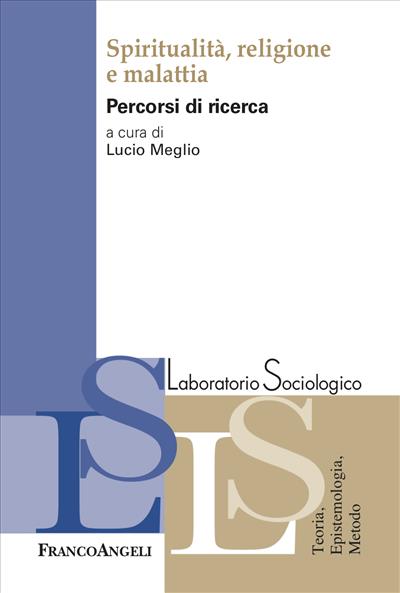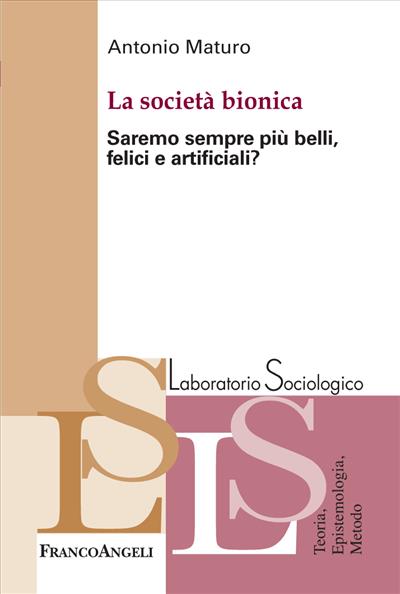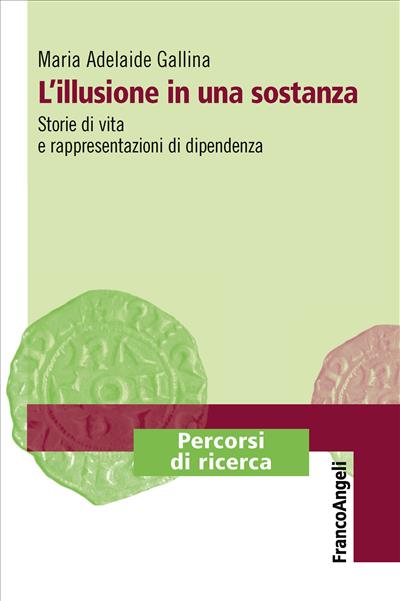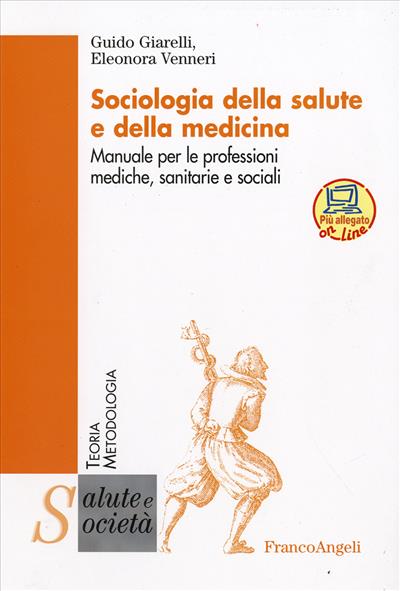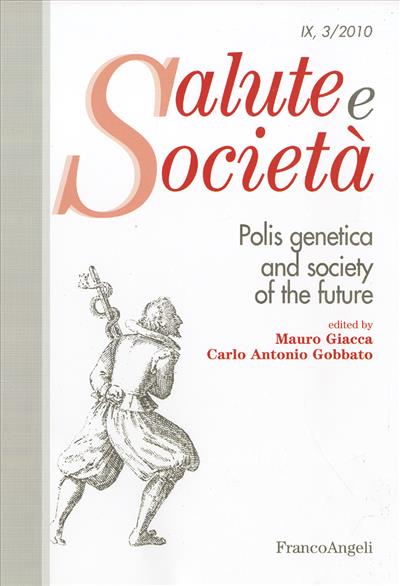
A cura di: Mauro Giacca, Carlo Antonio Gobbato
Polis genetica and society of the future
If the impact of the new biotechnologies is reassuring for the positive effects on the quality of human life, on health and nutrition, some troubling implications in social legitimization, genetic selection and manipulation of living matter, are worrying. All of this, which can be defined as the polis genetica, seems to be inevitable and initiates radical modification in the social system, where genetic information is assuming an ever more important role in many aspects of human life.
Pagine: 224
ISBN: 9788856833201
Edizione: 1a edizione 2010
Codice editore: 1341.38
Disponibilità: Buona
Pagine: 224
ISBN: 9788856842630
Edizione:1a edizione 2010
Codice editore: 1341.38
Possibilità di stampa: No
Possibilità di copia: No
Possibilità di annotazione: No
Formato: PDF con DRM Readium LCP
